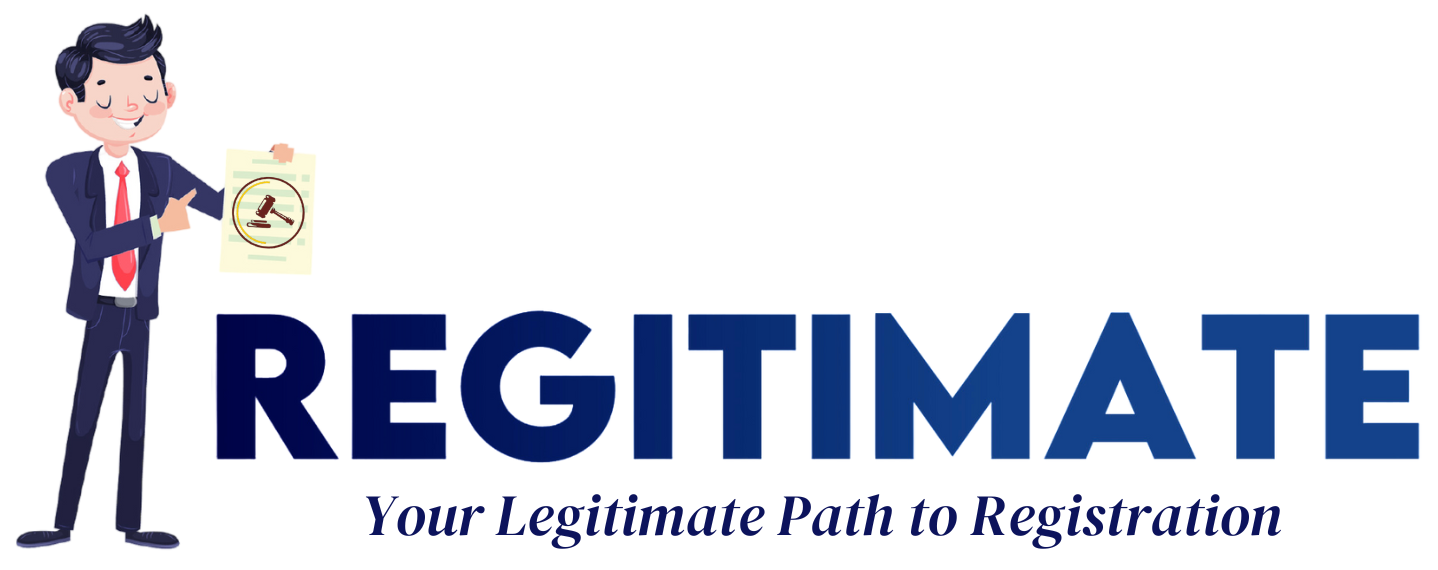Copyright is a kind of intellectual property right that gives its owner the exclusive right to make copies of creative work, generally for a limited time. The form of creative work may be in a literary, artistic, educational, or musical. Copyright is intended to protect the original expression of an idea in the form of creative work, but not the idea itself can be protected under copyright.
Copyright is a kind of protection available for intellectual property like trademark and patents. Copyright registration is done in accordance with the provisions of the Copyright Act, 1957. A creator of artistic work becomes a legal owner of books, paintings, music, website, etc. with copyright registration. Copyright registration with the authority protects the creative work of the author cannot be copied. Nobody is allowed to use the same without the consent of the creator. The author is entitled to ask for payment to others for using his work or modifying it.
The registration gives its owner exclusive rights to replicate, reproduce, distribute the work, or give authorization to another for the same. It offers a number of rights – communication to the public, rights of reproduction, adaptation, and translation of the work, etc. However, ideas, procedures, mathematical concepts, or methods of operation cannot be copyrighted.






